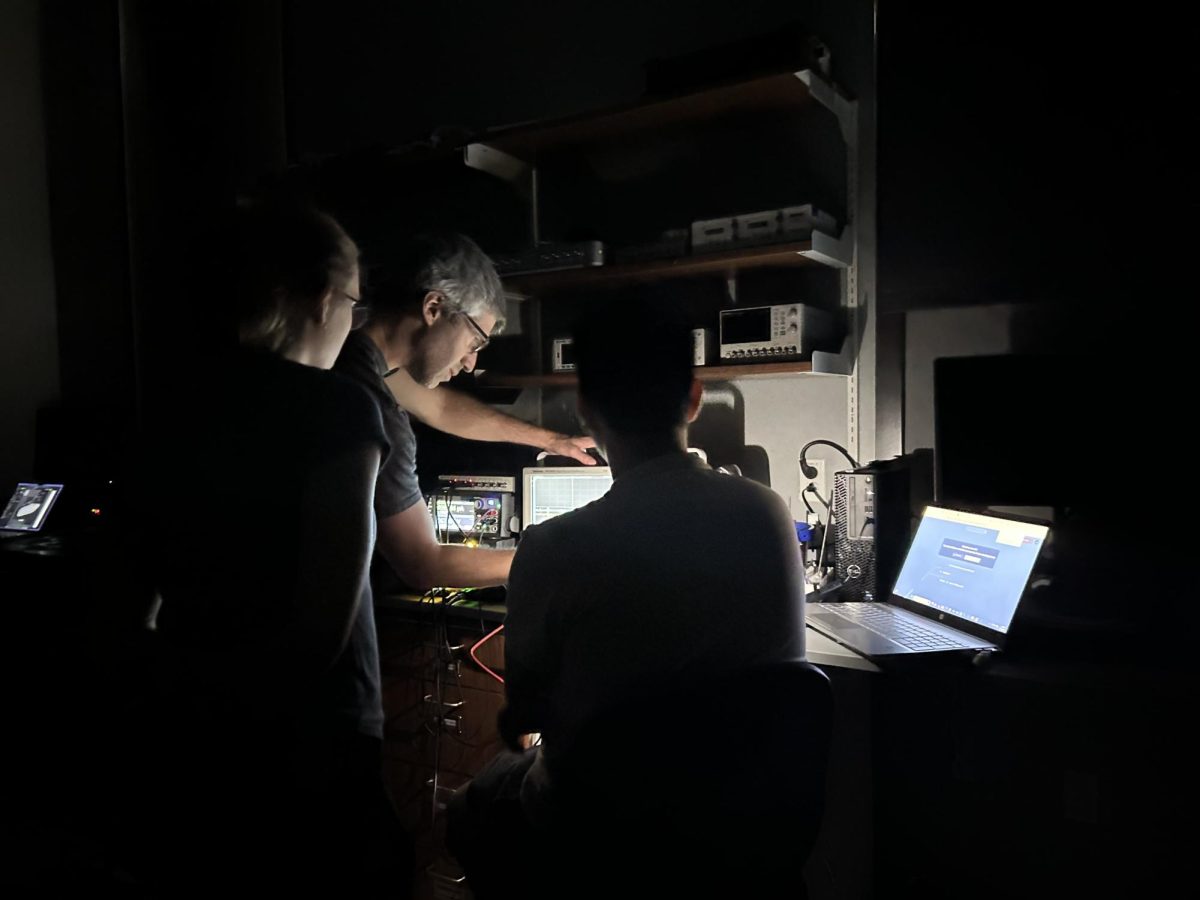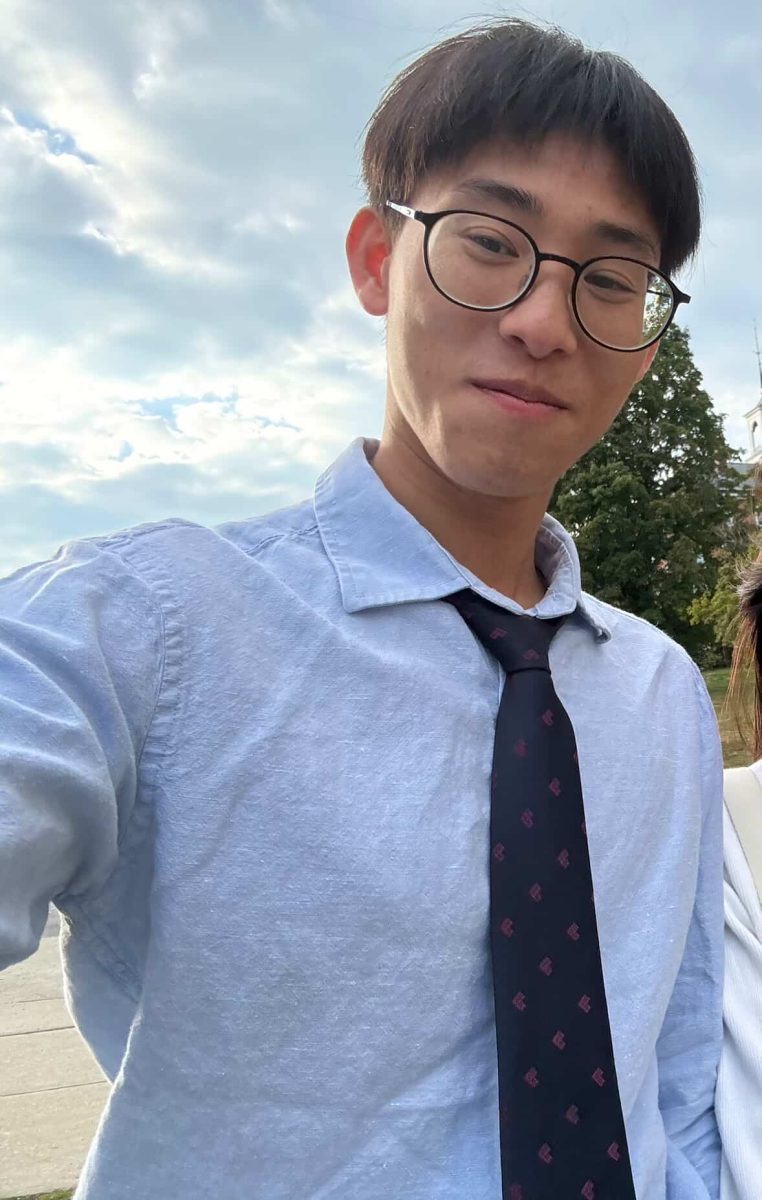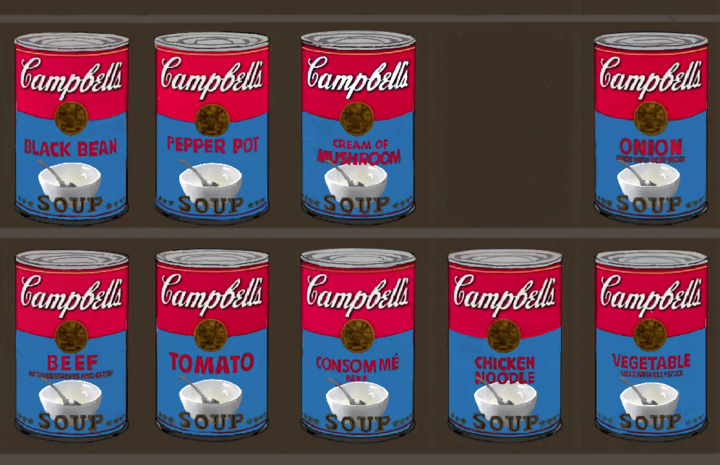
Professor of Political Science, Emerita Cathy Johnson received an unexpected call from her agent at Lynne Rienner Publishers on April 18. Her book, Creating Gender: The Sexual Politics of Welfare Policy, had been banned from the U.S. Naval Academy’s Nimitz Library.
“I was stunned,” she told the Record.
“The book was published in 2007 and I’ve since retired,” she continued. “So, while I knew that the Defense Department had this list of books to be removed from the shelves, I just wasn’t really thinking about it. But certainly, once I learned that it had been on the list, it didn’t really surprise me.”
While the Naval Academy had not been included in President Donald Trump’s Jan. 29 executive order banning Diversity, Equity, and Inclusion (DEI) programs in K-12 education, the office of Defense Secretary Pete Hegseth informed the Naval Academy on March 28 that the order applied to it as well. In early April, the academy began removing hundreds of books from its library.
The list of 381 banned books spans titles covering race and gender. Banned works include I Know Why the Caged Bird Sings by Maya Angelou, How to Be an Antiracist by Ibram X. Kendi, and Our Time is Now: Power, Purpose, and the Fight for a Fair America by Stacey Abrams.
Johnson co-authored Creating Gender alongside Noelle Norton, dean of the College of Arts and Sciences at the University of San Diego, and Georgia Durest-Lahti, former professor of political science at Beloit College.
“We argue in the book that gender — or ideas about gender — are a flashpoint in American politics that may intersect with the left-right spectrum,” Johnson explained. “Then we argue that the state government, through its public policy, tries to create gendered behavior by using policy to praise, condemn, reward, punish — to try to get people to act in the ways they think are preferable.”
The book explores how gender norms and assumptions influence the creation and implementation of social welfare policy, focusing particularly on states’ implementation of Temporary Assistance to Needy Families (TANF) — an initiative that provides funding for low-income families with children.
Johnson sees the ban as a potentially dangerous precedent for academia. “It could have a chilling effect in some respects,” she said. “It’s probably people who teach at public universities [that] are somewhat more vulnerable.”
Still, she emphasized that censorship would not have stopped her from writing the book in the first place. “If anything, it probably makes me want to engage in more writing on gender and the Right, not less,” she said.
Johnson is not the only scholar affiliated with the College whose book was included in the list of titles removed from the academy’s library.
Professor of Humanities Joy James has written books on topics including abolition, anti-Black racism, and African American intellectual responses to racism. One of her books, Shadowboxing: Representations of Black Feminist Politics, which was published in 2002, was banned at the Naval Academy.
The ban states that the book’s subjects include “African American women, political activity, radicalism, feminism, stereotypes, racism, and race relations.”
“Of course I support intellectual inquiry, ethics, and literacy,” James wrote in an email to the Record, though she declined to comment on her book’s removal.
In an MSNBC opinion piece published on Sunday, Johnson and her daughter, Hannah Gais, condemned the Trump administration’s book purges. “While we’re not shocked by these brazen attempts to quash intellectual inquiry from an administration whose prior term ended with an armed insurrection in the U.S. Capitol, we find these developments particularly disturbing,” they wrote. “The movement’s full-throttled embrace of censorship and hostility to its perceived enemies is indicative of a deep lack of curiosity about the world.”
Though censorship alarms Johnson, she also noted that her book’s ban has sparked unexpected support. “I have been impressed by how many people have congratulated me,” she told the Record. “If they just let these books be, I’m not sure anyone would have paid much attention to them.”
The ban may even give her book a second life. “My book was published almost 20 years ago, and like most academic books, it disappeared quickly after its publishing,” she said. “So if it came back in, and people started reading it again, I would be thrilled.”








